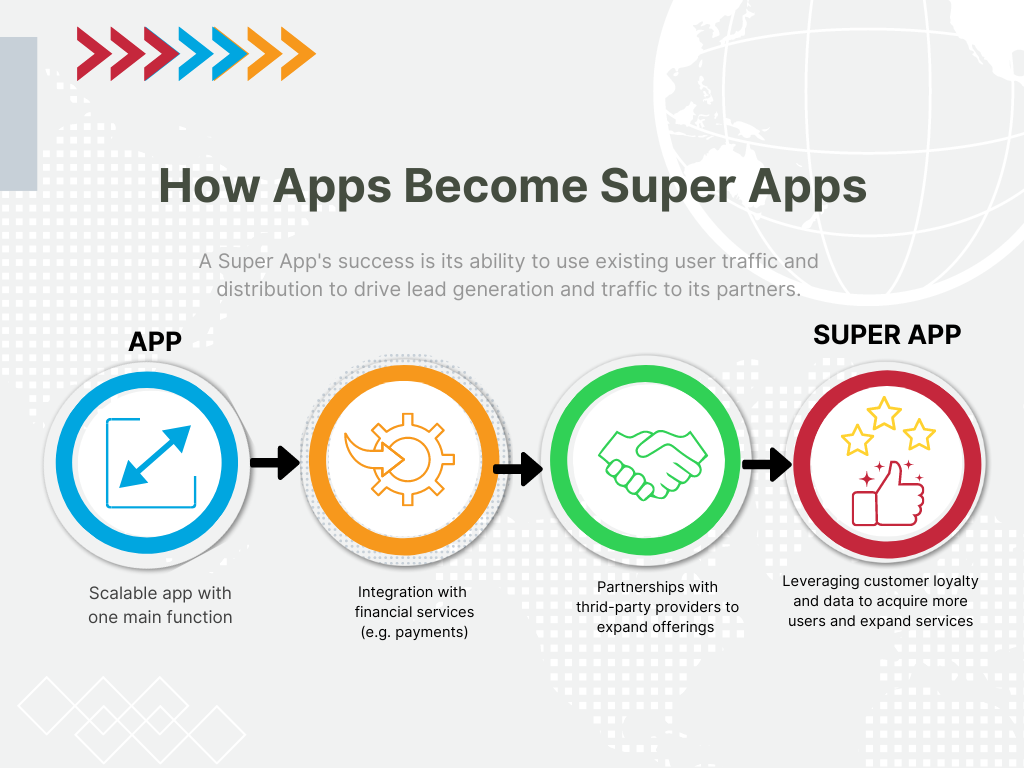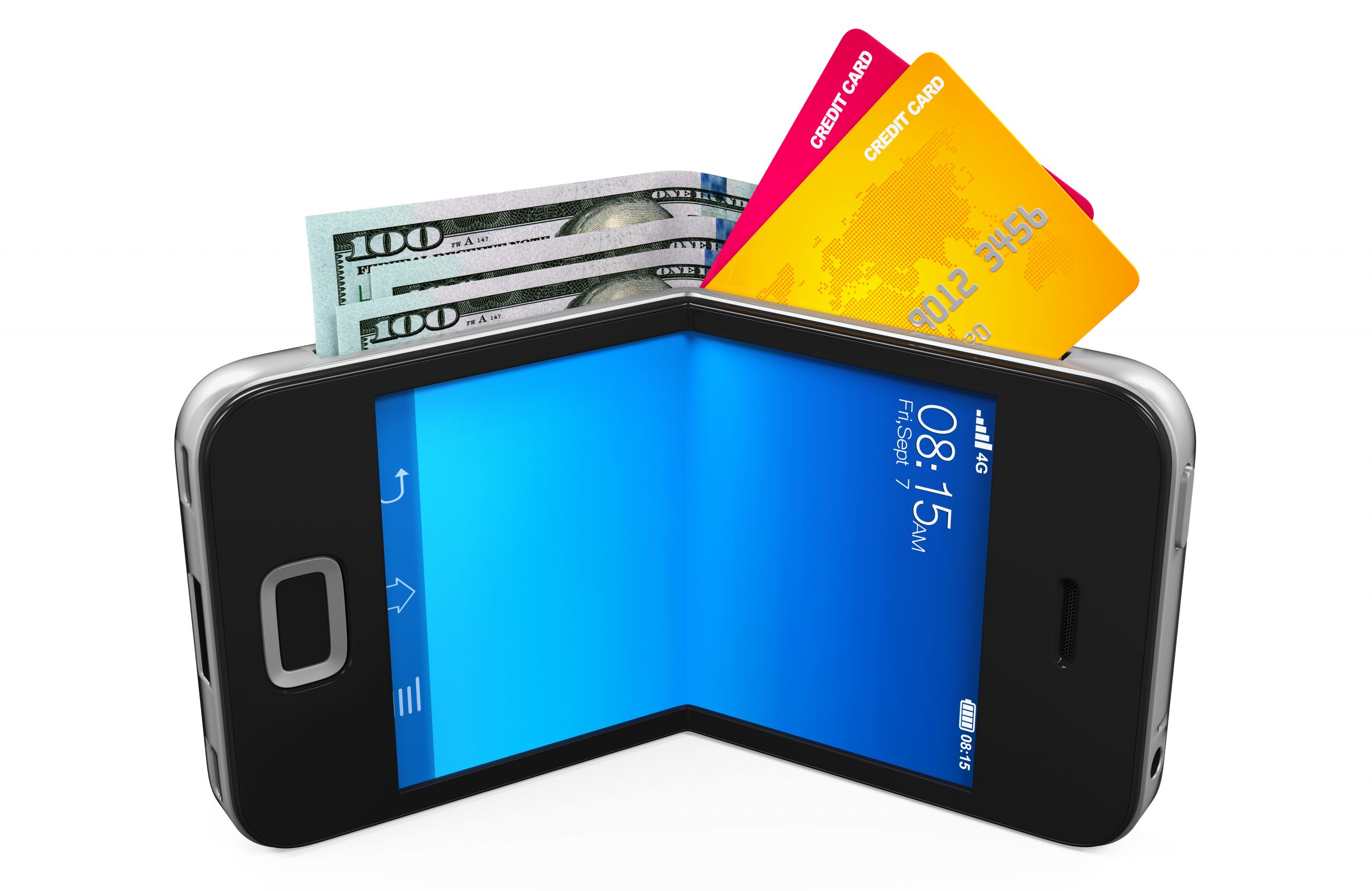
Should I Adopt a Super App Strategy for my Mobile Offering?
Super Apps are still a relatively new concept and term for most people in the United States, although they are beginning to change the way the world does business. To consider whether you might incorporate a Super App strategy as part of your mobile strategy, you might look at what super apps are and consider how they are used today.
What is a Super App?
A Super App is a software application, typically provided on a mobile device, that provides users with an extended set of features addressing multiple use cases. For example, a super app might handle your wallet electronically, manage payments, help you order grocery deliveries, book ride shares, stream media content, purchase event tickets, and more.

Super apps are increasing in popularity as teens and twenty-somethings, who were raised with smartphones, demand all-in-one powerful mobile solutions.
Why should I care about Super Apps?
Super apps are beginning to replace multiple separate apps we are already using. For users, this may mean getting comfortable with new digital ecosystems to gain easier access to efficient, one-stop solutions that make their lives better. Super Apps can better fit into the lives of users, simplifying their world.

For developers, Super Apps present opportunities to target a broader range of customers, add additional income streams, differentiate their businesses and create stickier products.
Key Use Cases
In their current iteration, Super Apps are used primarily for e-wallets, e-payments between friends and family, food delivery, ride-hailing, and other forms of e-commerce. Eventually, though, it’s forecasted that Super Apps will expand into almost every area of our lives.
E-wallets – A Major Type of Super App
E-wallets have been the initial “killer app” combining a set of services and activities found in physical wallets that people intuitively understand make sense to be offered together. Almost all Super Apps today provide e-commerce solutions (e.g. handling payments and managing money) as an integral part of their solution.

One of the leading super apps currently on the market worldwide is ZaloPay, a Vietnamese e-wallet that enables users to make electronic bill payments (e.g. electricity, water, internet, TV), handle money transfers (via QR codes) and make cash withdrawals and deposits with the user’s bank.
WeChat – A Case Study
No discussion of Super Apps would be complete without mentioning WeChat. At first glance, WeChat appears to be similar to WhatsApp – a social networking and messaging app that allows users to share messages, and make voice and video calls.

But for the majority of people in China, WeChat is much more than a social media app. While it is China’s biggest social media network, it also allows users to call a cab, book train & flight tickets, shop online, purchase movie tickets, book a hotel, pay bills, and much more.
The app is embedded in many of its users’ lives. Indeed, some users report opening WeChat in the morning and not closing it again until the end of the day. In 2018, WeChat had over 1 billion users and has grown since.
Super App Strategies
So what’s the strategy behind a successful Super App? I believe there are three key factors to building a strong app to differentiate your offering. Addressing all three will provide a much better chance of generating dramatic growth for your business.
Strong Core Features
A Super App must have a strong core use case that addresses a specific problem for its users, regardless of how many features it has. WeChat, at its core, is a social media app whose other features are powerful and necessary as well.
Solid Payment System
Super Apps today are typically built around a robust payment platform to handle e-commerce transactions. This capability provides many apps the ability to offer additional financial features such as checkout and e-payment solutions, an e-wallet, bill payment options, and a smooth interface for users to manage their finances.
Third-Party Apps
Most Super Apps do not typically build all their own features and solutions themselves. Rather they form partnerships with other companies while integrating their third-party solutions. WeChat, for example, integrates many “mini programs” from other companies, including JD.com, Walmart, Rothy, and King Power into their solution.
Whether your software product may be a core module or an additive feature, it may make sense to build your product into a Super App.



































